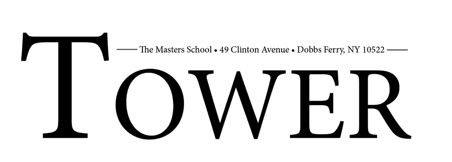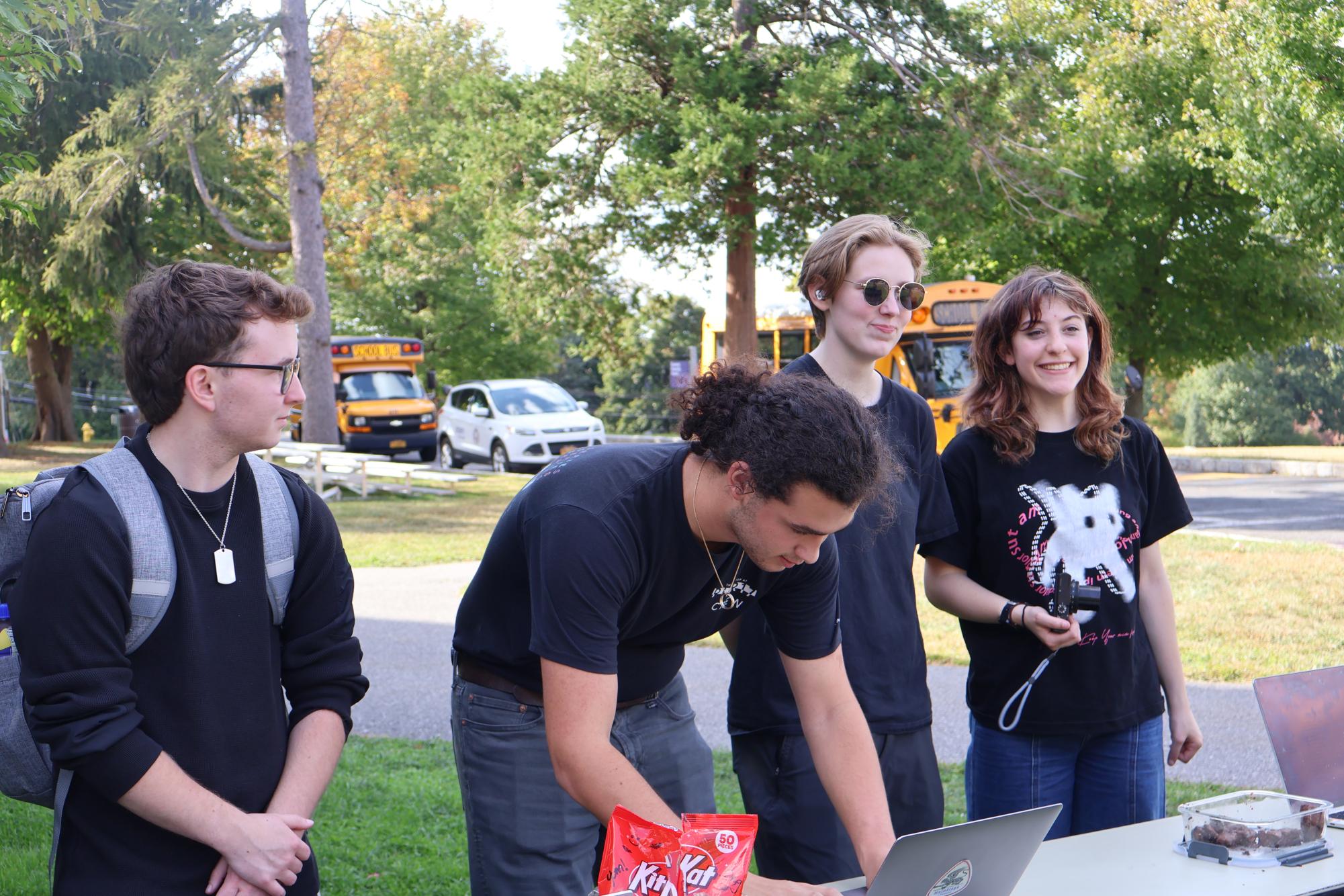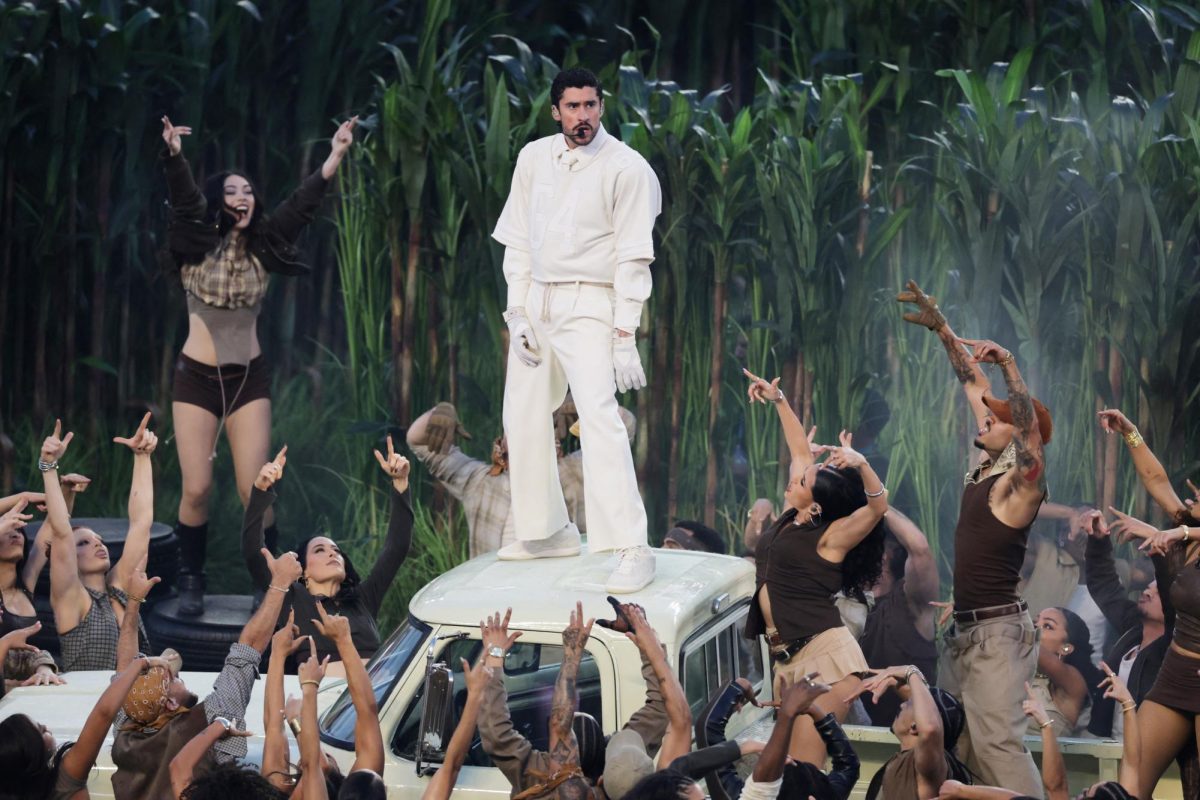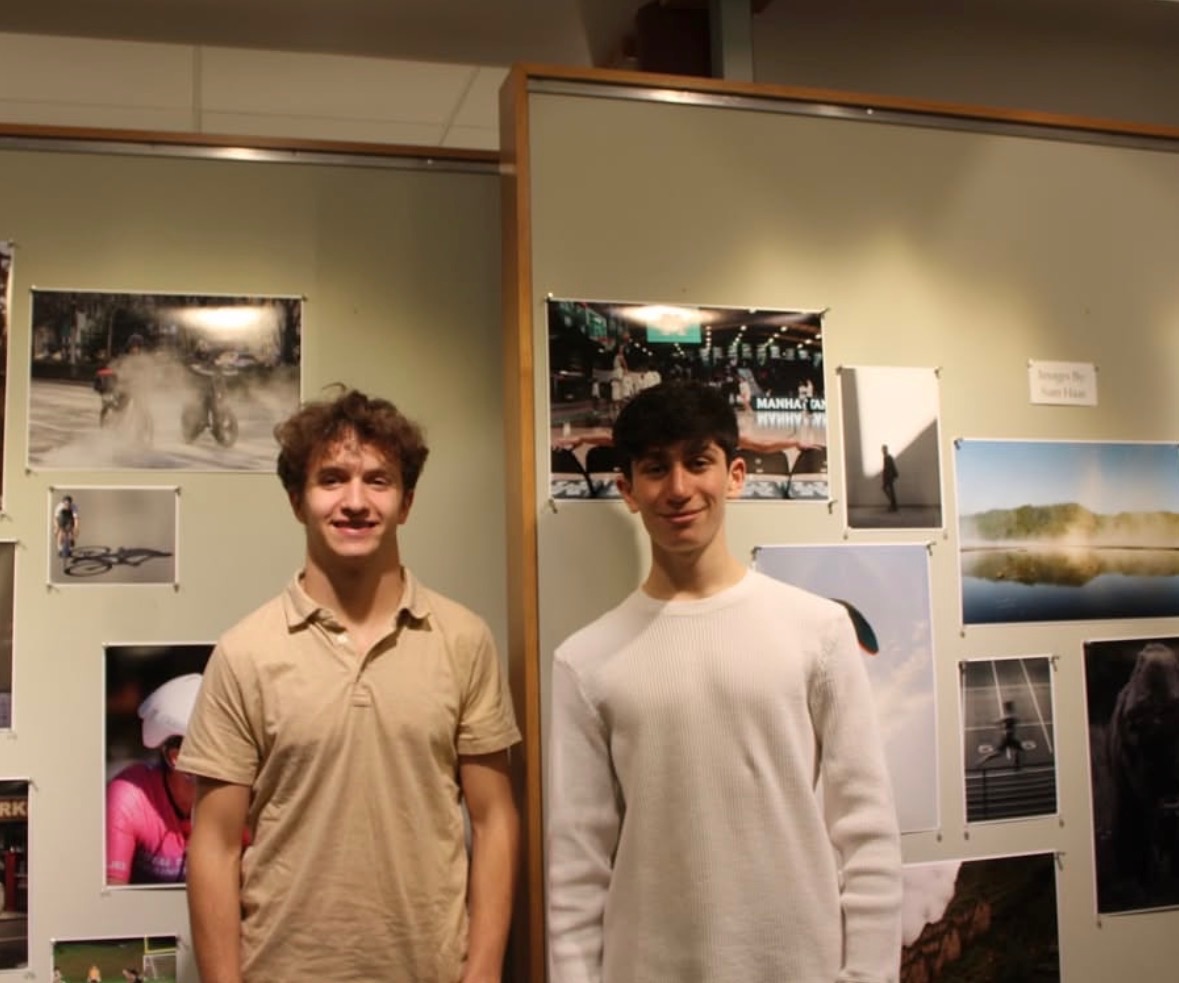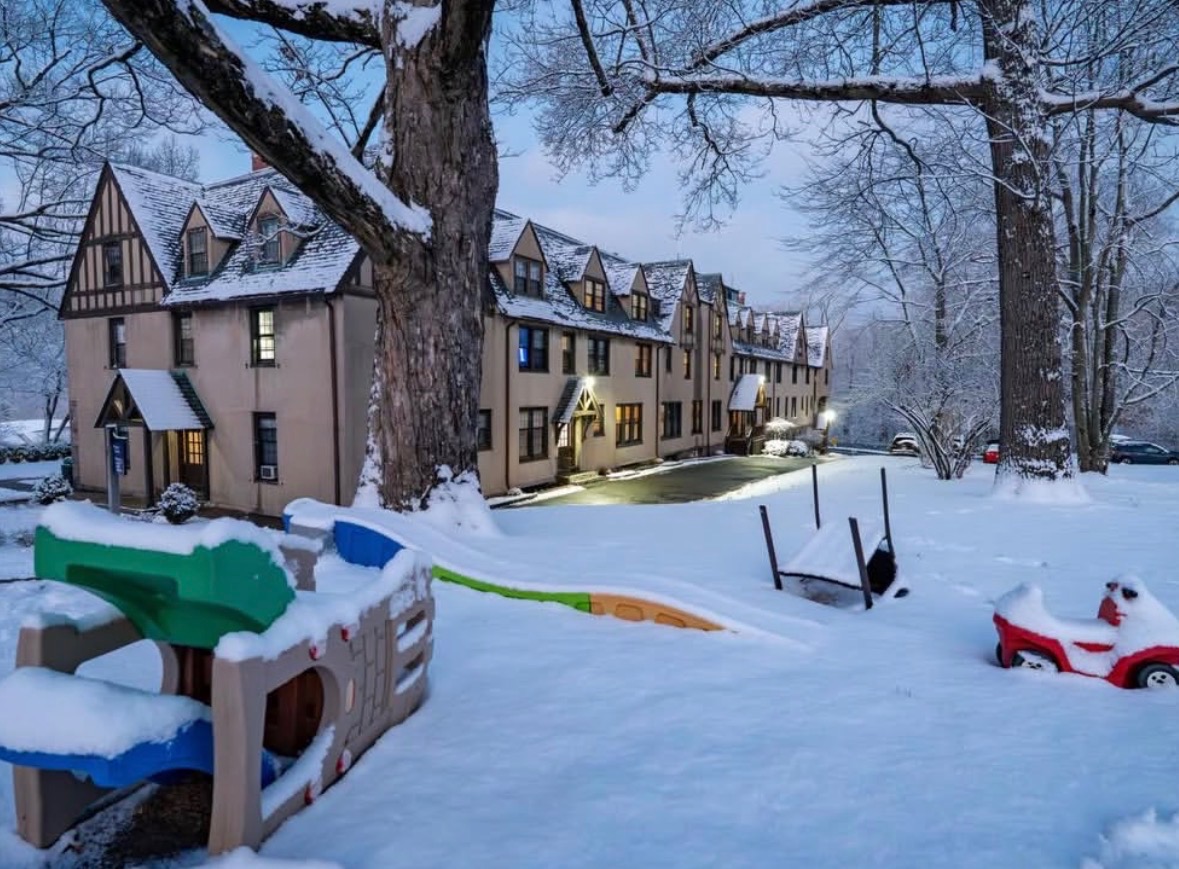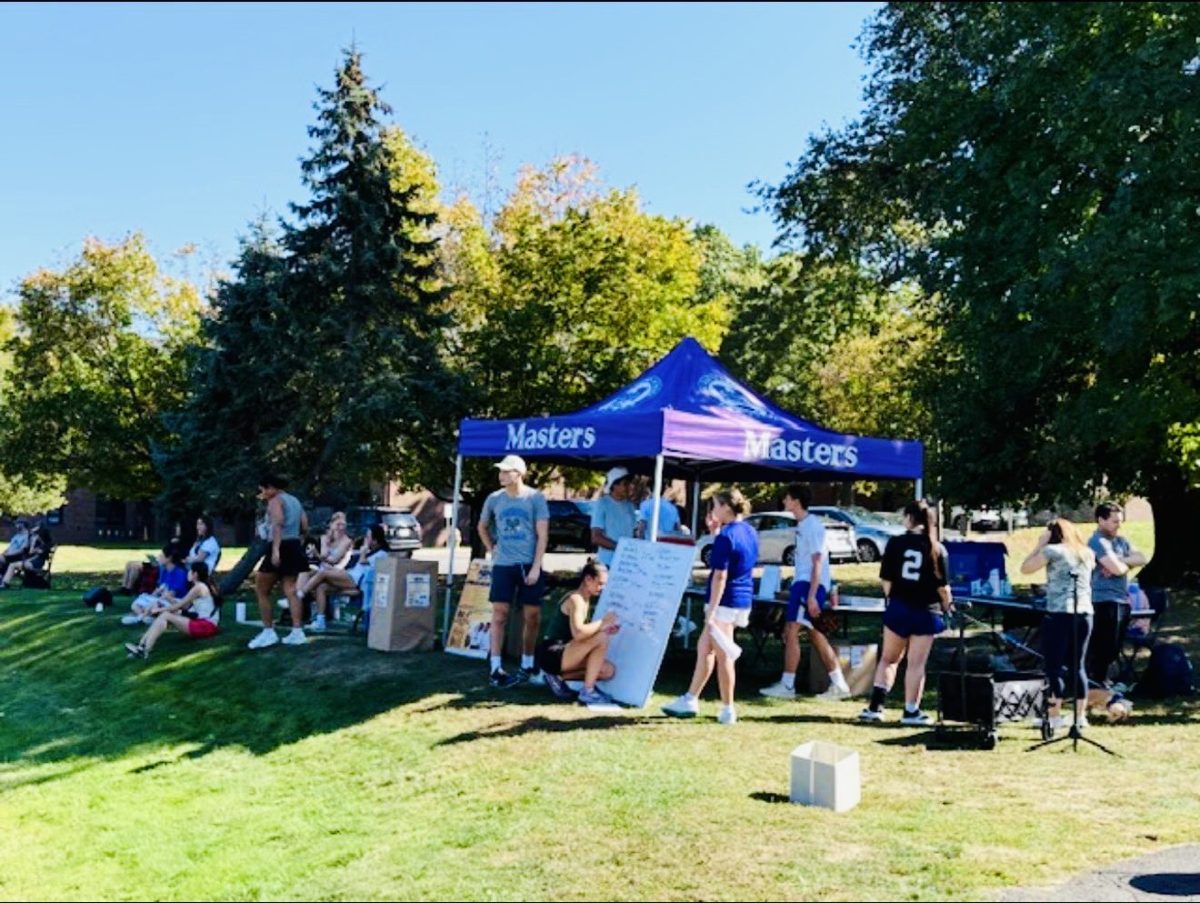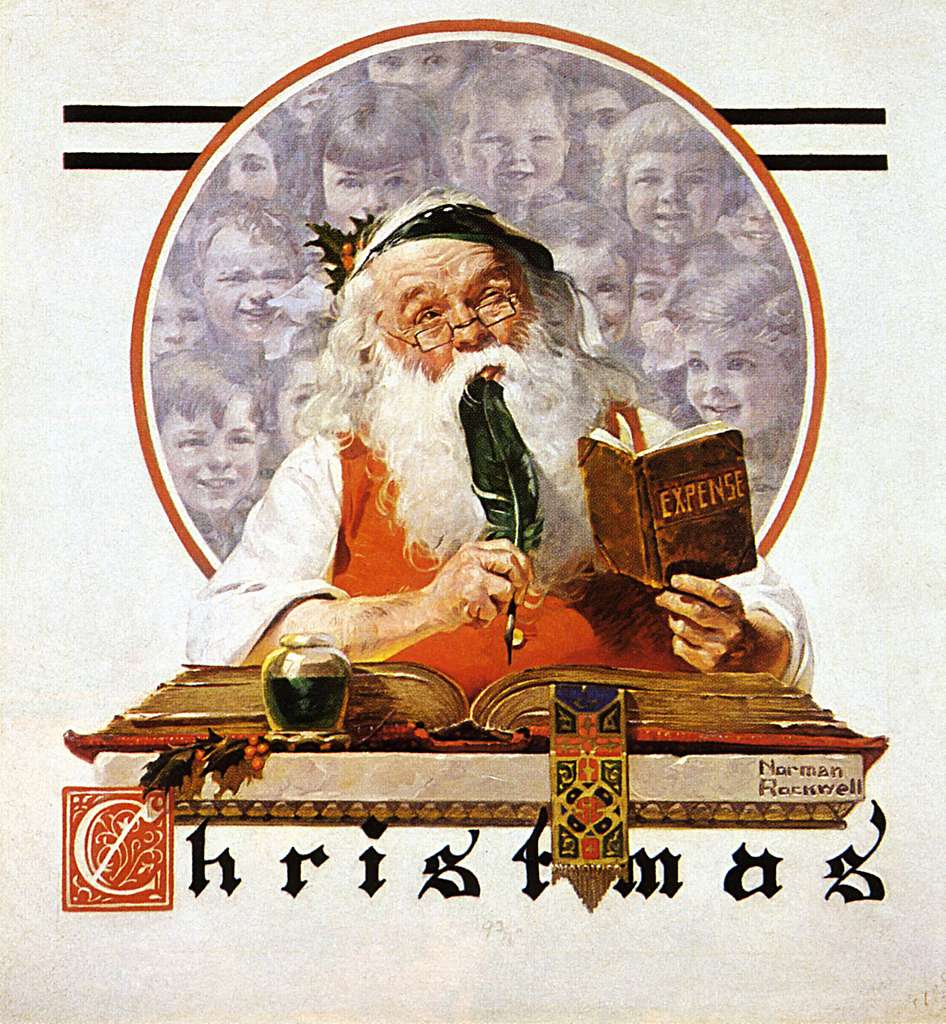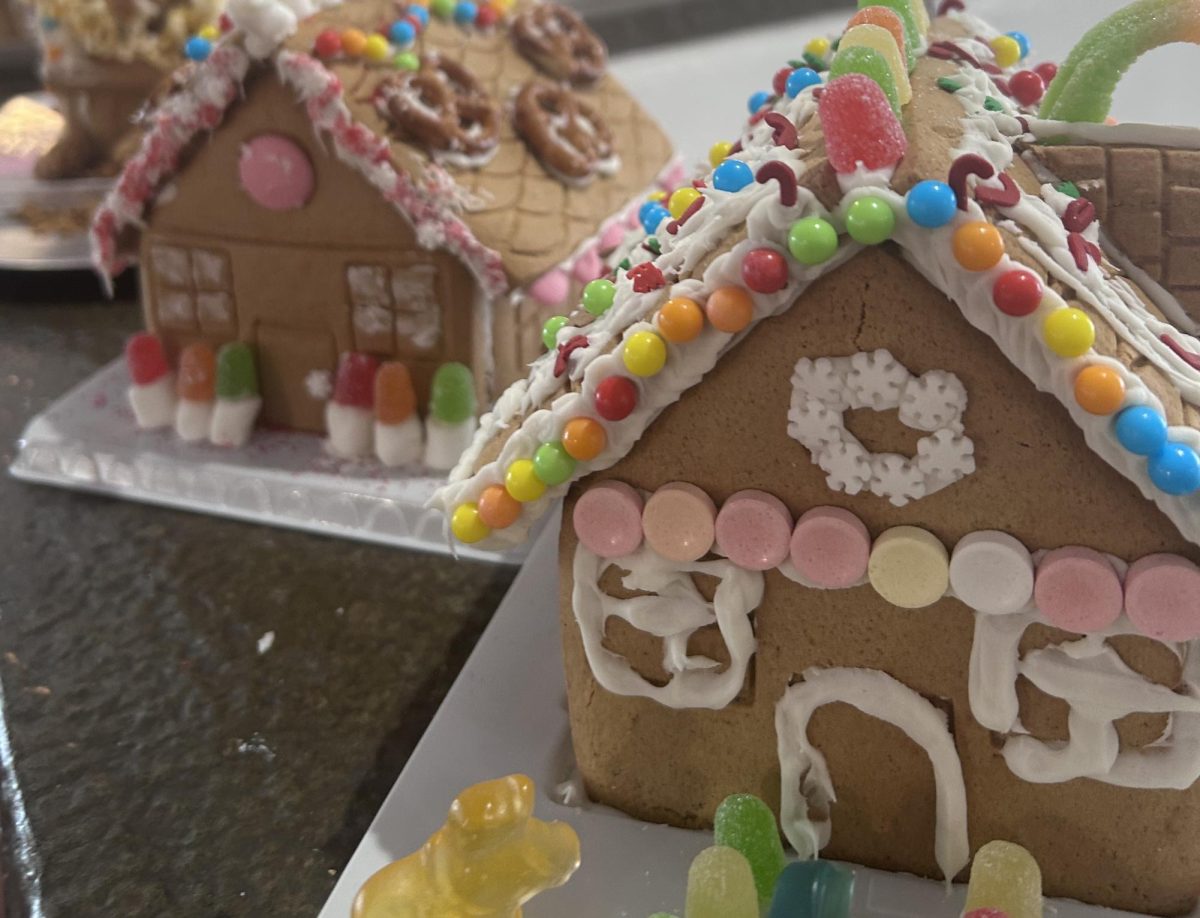Students were greeted at the club fair by over 50 clubs with everything that they would want. They were excited to join new clubs, and also advertise their own.
Sophomore Adrian Ciubotaru said, “I think that the variety and diversity of clubs is what makes Masters special.”
However, some people may think otherwise. Sophomore John Zacariah said, “When I walked into the club fair, I looked around, and I was overwhelmed by the amount of clubs, and I thought it might have been too much.”
This has been a topic of debate on campus for some time now. The issue has been combated through “Clubs at Masters”, otherwise known as “CAM”. CAM is an organization that was around on campus for many years, then went dormant for about five or more years. Executive committee revived the club last year.
Many students have been wondering why CAM was revived, and what purpose it will serve in the upcoming years.
Senior, and co-chair of CAM, Jesse Gelman said that CAM has been brought back because of “a lack of unity between a lot of clubs.”
Gelman said that the main goal of CAM this year is to start “streamlining the club process and making it easier for clubs to do what they want.”
One common misconception is that CAM controls the amount of money that is allocated to each club.
Associate Head of Upper School for Student Life Jeff Carnevale said, “The goal for them [CAM] is to help clubs collaborate with each other, and develop a schedule that can be easily communicated when events are happening, but the CAM co chairs don’t oversee budget.”
Well, who controls the budget? The general rule is that each club gets 100 dollars at the beginning of the school year. However, the definition for a club can be vague, because groupsike Model UN and Debate are not technically clubs, but programs. They get funding separate from regular clubs that are run by students.
Another issue that can arise is when seniors form clubs, and then they graduate. This leaves behind a lack of leadership and direction for a club.
Carnevale said, “It can often be a challenge at the end of the school year, transitioning from seniors who are graduating to rising juniors or sophomores. If the club is not functioning well, that transition doesn’t happen. It [Seniors graduating] is clearly a tough hurdle for clubs that are not well established to last even a few years.”


